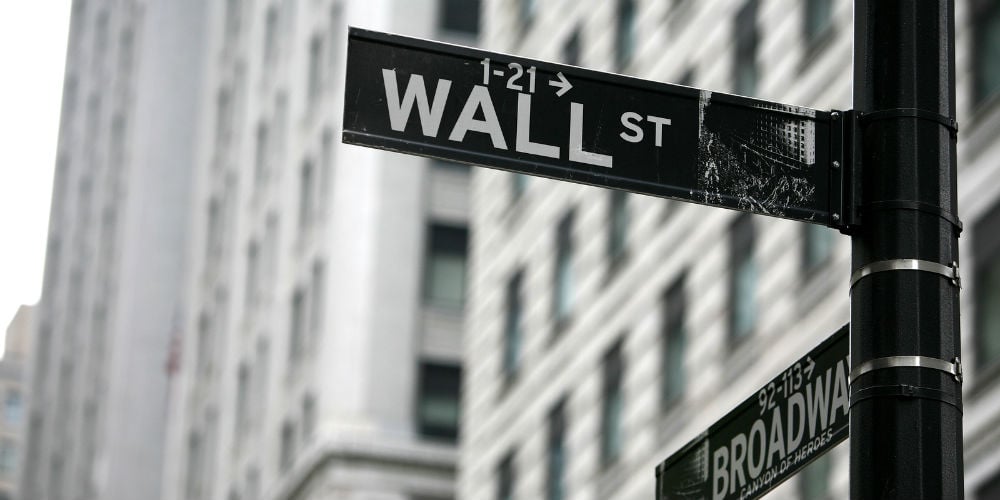Big bank riskiness — not mergers — should concern Americans

From 2008 to 2018, 5,056 banks and credit unions merged — that is approximately 459 per year, 38 per month and more than one per day over an 11-year period. And to this day, the industries continue to consolidate.
This week, lawmakers on Capitol Hill will examine additional bank mergers. But it is not an institution’s size alone that should give lawmakers pause, as there is nothing inherently wrong with mergers, but rather the risks a particular institution and its business practices may pose to the U.S. economy.
Ahead of the August recess, what lawmakers should be discussing are the potential benefits of a modern Glass-Steagall Act and the economic impact of excessive, unbridled risk-taking by Wall Street banks.
Without Glass-Steagall, American taxpayers are responsible for losses, as big banks count on the Federal Deposit Insurance Corporation’s insurance fund to back up their risky trading activities. Yet, all profits from these gambles head straight into the coffers of bank shareholders.




